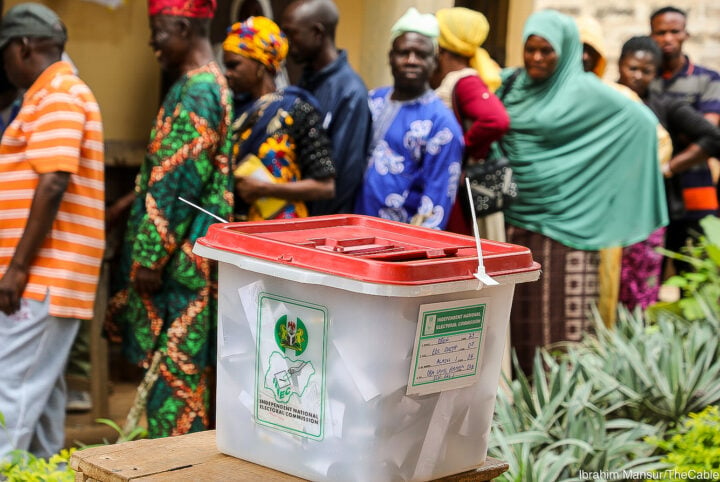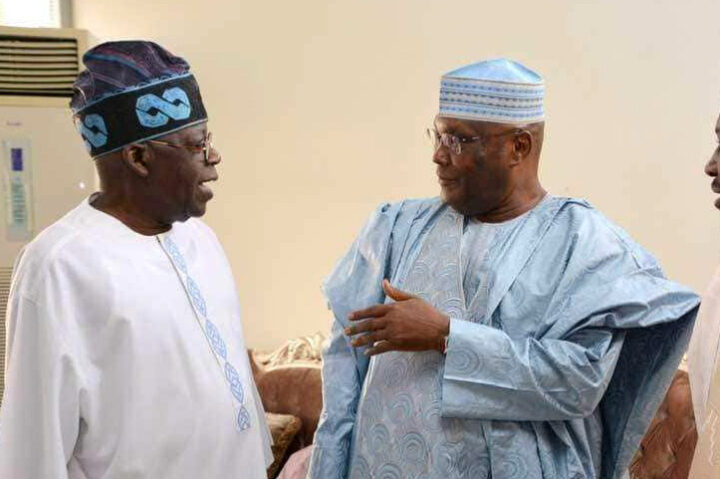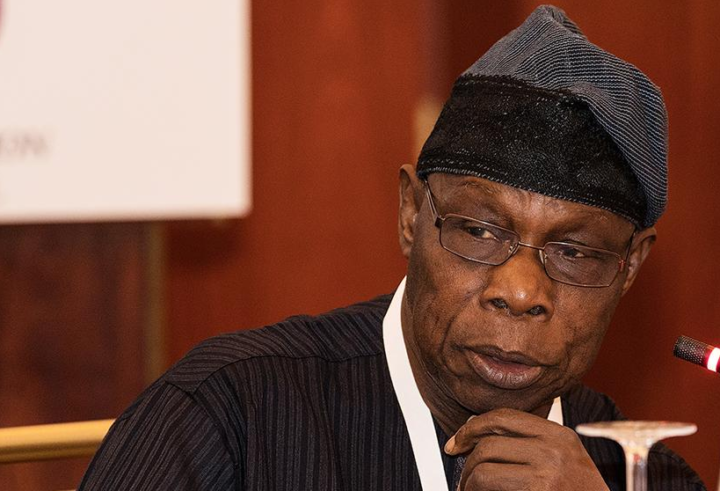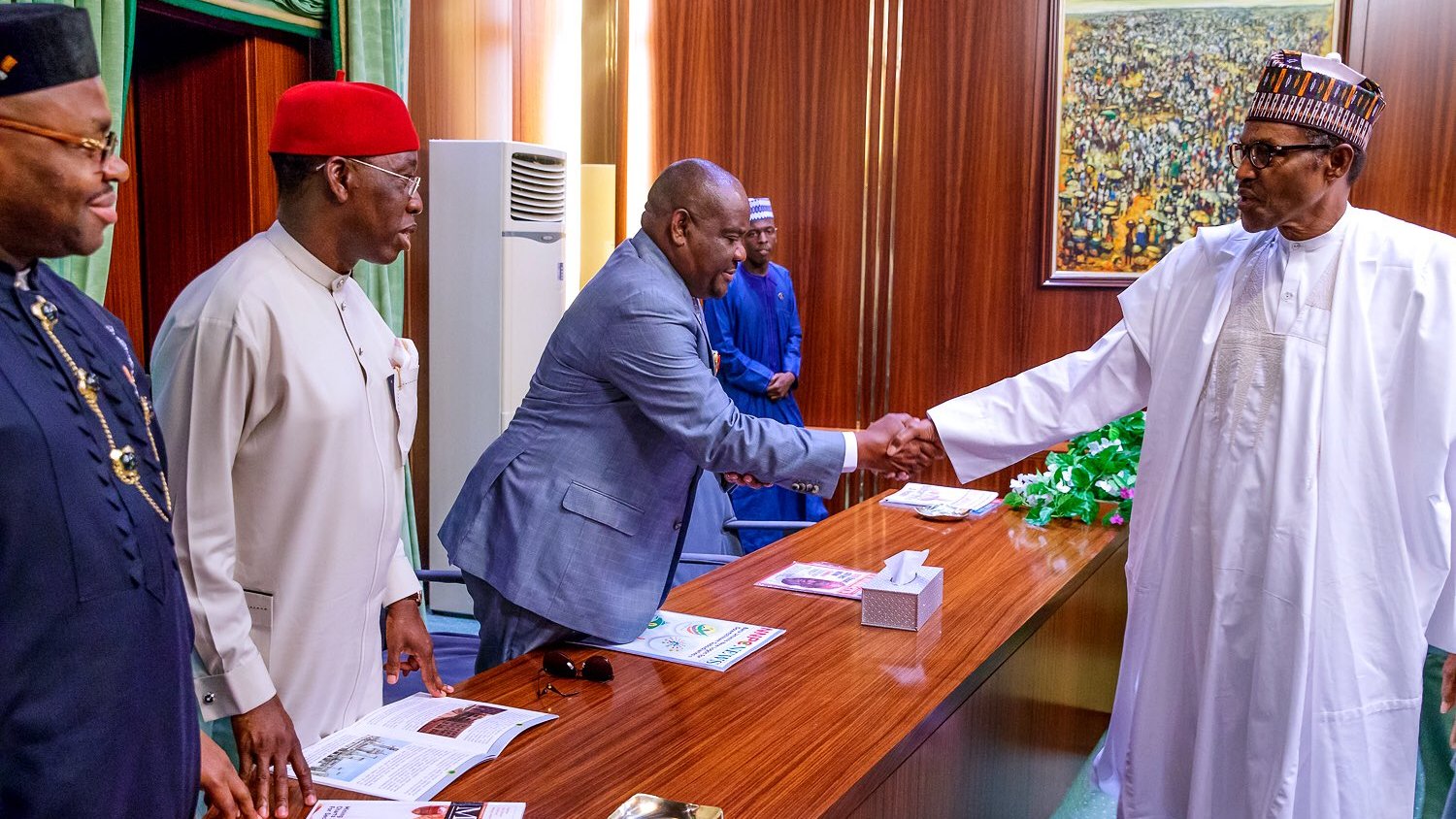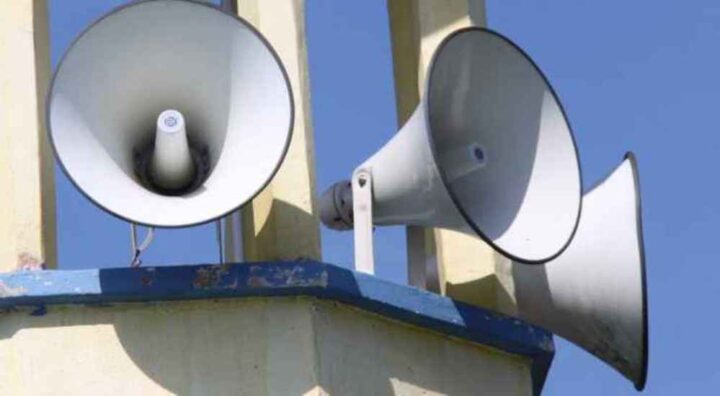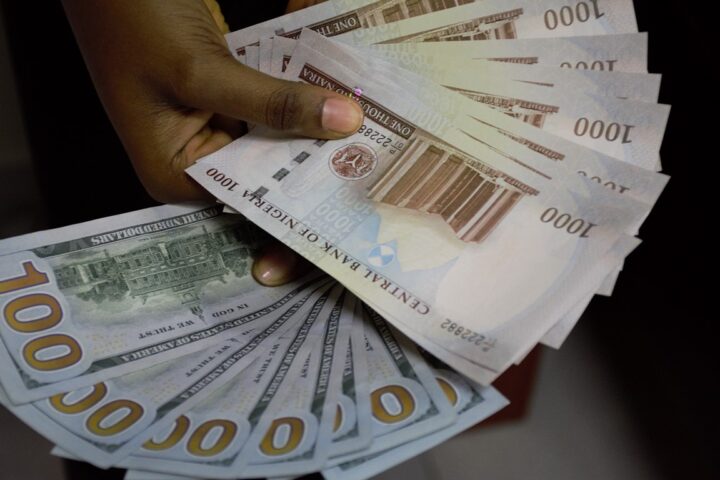A report by the Tony Blair Institute has identified threats that may jeopardise the forthcoming elections and democracy in Nigeria.
Tony Blair Institute for Global Change is a non-profit organisation set up by the former UK prime minister.
According to the report released on Thursday, the outcome of the 2023 elections will affect other countries on the continent as Nigeria is Africa’s largest democracy and economy as well as the most populous nation.
“Either outcome is likely to affect Nigeria’s neighbours. A successful election could send a strong message to other African states where democracy has been backsliding,” the report reads.
Advertisement
“Since 2010, more than 40 coups and attempted coups have been documented on the continent, half of them in West Africa, where in the past three years alone, six have been successful.
“Similarly, political instability in Nigeria could have a ripple effect in many other African nations. Alongside the socioeconomic implications, an aborted election, or one fraught with violence and malpractice, would weaken Nigeria’s political and moral authority to take a stance against unconstitutional takeovers of power elsewhere on the continent.”
Although electoral outcomes in Nigeria have never been predicted with certainty, TBI said there are additional threats ahead of 2023 that may weaken the country’s “vulnerable” democracy.
Advertisement
NON-STATE ARMED GROUPS
According to the report, Nigeria’s elections are most threatened by terrorist groups like Boko Haram, the Indigenous People of Biafra (IPOB) and “bandit” gangs — some of whom have publicly expressed wishes to disrupt the elections.
“Boko Haram’s factions will try and endanger the election because this is one of the group’s publicly declared ideological objectives. They will do so by stepping up attacks, including bombings in major cities, while displacing some communities and ensuring remote ones are inaccessible for campaigning or holding elections,” the report reads.
“While bandits are not purposely anti-democratic, their attacks on villages and displacing of more than a million people is set to disenfranchise many Nigerians.
Advertisement
“Meanwhile, IPOB targets critical election infrastructure and threatens candidates and voters while attacking northern residents of the south east region.
“Additionally, all three will actively target the 1 million election workers who will be transported across Nigeria as well as the thousands of journalists and observers who will monitor the election.
“Boko Haram will attack on an ideological basis, bandits will carry out kidnaps-for-ransom, and IPOB will seek out journalists and observers to send its separatist message while demonstrating its control over the south east.”
POLITICAL THUGGERY
Advertisement
Political thugs are typically hired by local politicians or party officials who often finance and orchestrate their sometimes-violent manoeuvres to intimidate political opponents, steal or destroy ballot boxes, and harass voters, election staff, journalists and election observers.
According to the TBI report, political thuggery — which has been a feature of Nigerian politics since the country returned to a democratic form of government in 1999 — is a serious concern.
Advertisement
“The EU election observation mission for the 2019 election reported ‘organised intimidation’ of voters, violence and other misconduct in Kano by ‘groups of youths with clubs and machetes’ while ‘people with party agent tags harassed voters’,” the report said.
“Political thuggery has escalated over the past four years in Kano and taken a new dimension, with clashes between thugs operating for different politicians in the same political party.
Advertisement
“Both Kano state’s ruling APC party and their main opponent, the NNPP, have publicly stated they would use thugs in the upcoming election, as the APC did in 2019. This sets the stage for an environment of violence and instability.”
The warning comes weeks after Babagana Monguno, national security adviser (NSA), said at least 52 cases of electoral violence across 22 states in the country had been reported.
Advertisement
He recently warned political thugs who plan to disrupt the forthcoming elections to desist from their schemes.
MISINFORMATION AND DISINFORMATION
In addition to the threat posed by non-state armed groups, the report adds that candidates themselves can spark violence by using ethnoreligious messages or framing an election as a competition between regions to mobilise their constituencies.
“The reach and influence of social media have grown ever larger in the years since the 2019 election. It will play a pivotal role in the 2023 election, in terms of positive political communication and in terms of its ability to spread misinformation and disinformation,” the report reads.
“False or misleading information spread on social media will ultimately strain coexistence and sow seeds for future violence.”
WHAT TO DO?
While the reports said “it is impossible to completely eradicate these threats,” it noted steps that can be taken to minimise violence, division and practices that could undermine the elections.
One of the recommendations provided was to expand efforts to secure affected villages and towns.
The report also recommended tightening border security to prevent the inflow of arms, ammunition and hard drugs that facilitate illegal activities.
The Independent National Electoral Commission (INEC) was also advised to refrain from bias as “violence often starts with allegations of bias and rigging that involve the electoral body and the police”.
“Social-media platforms especially – Twitter, Meta (Facebook), YouTube, WhatsApp and Telegram – should step up efforts to identify and deal with election-related misinformation, disinformation and conspiracies as well as intercepting violent or intimidating messages,” the report added.
Add a comment
